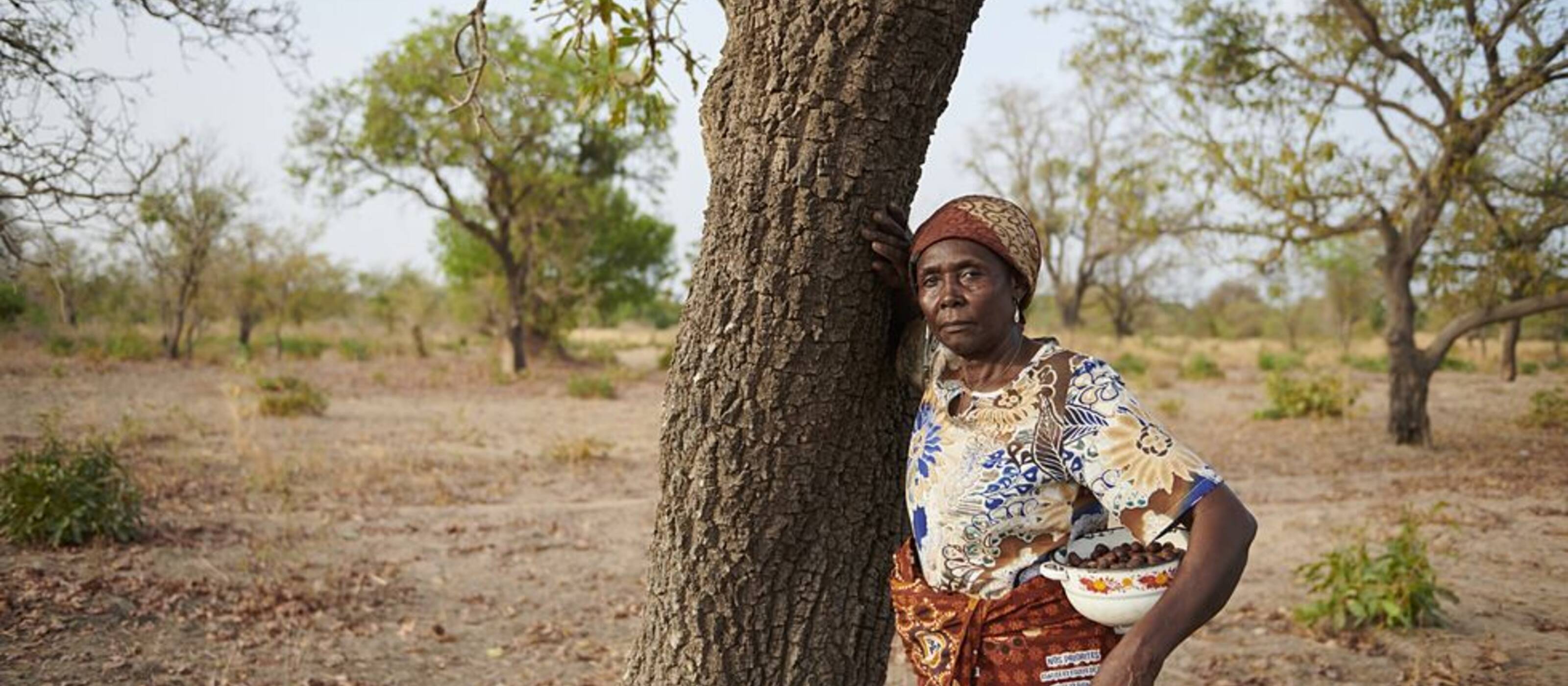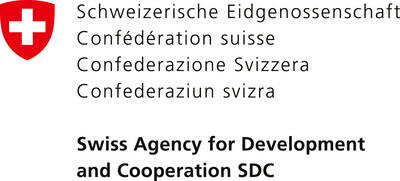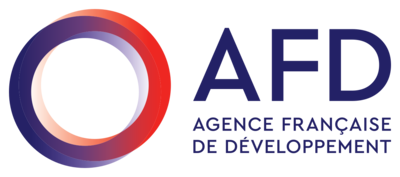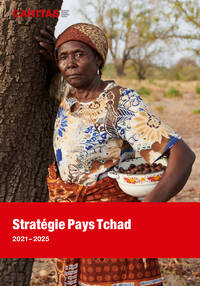

Chad
What we do
Chad remains one of the poorest countries in the world. Its rural population is particularly affected by extreme poverty. Chad’s potential in terms of available natural resources is severely limited by several impediments to optimal agricultural production, making food insecurity one of the major areas of concern. Factors limiting agricultural production include inequalities in managing access to resources, exposure to multiple natural/ecological risks, and reductions in the amount of agricultural land, with increasingly variable rainfall levels causing cyclical floods and droughts. Furthermore, the economy is highly dependent on oil exploitation, the unemployment rate among young graduates is rising and a lack of economic opportunities is creating a trend towards impoverishment. This, in turn, is contributing to Chad’s fragility in terms of controlling a delicate political and security situation, both internally and regionally. And the continuous increase in migration flows is intensifying competition for already scarce resources and potential sources of income.
Against this background, Caritas Switzerland’s country strategy for Chad mainly focuses on the theme of income, with an emphasis on developing market systems, increasing the income of smallholder families and improving access to the labour market for young people. Its projects support smallholders in forming cooperatives, in using appropriate production techniques and in building stronger networks with other market participants. Caritas Switzerland is also working in Chad in the areas of climate and migration, which are intrinsically linked to the theme of income. These themes will be addressed systematically on the basis of the humanitarian-development nexus principle, taking into account the humanitarian needs of vulnerable people and their need for social and economic inclusion in market and production systems. Caritas Switzerland implements all these projects, which are mainly financed by the Swiss Agency for Development and Cooperation (SDC), the European Union (EU) and Agence Française de Développement (AFD), in the provinces of Logone Oriental, Mandoul, Moyen-Chari and Batha.
Objectives
Income
- Smallholders, and other value chain actors, have gained access to the information, tools and services needed to improve the production and processing of sustainable products and nutritious food as well as market-related services and business contacts to enter higher added-value markets.
- Youth, women, and other vulnerable people, have gained access to high-quality non-formal and formal vocational skills development.
Climate
- Agriculture and natural resource management are based on quantitative data, such as weather stations and climate services.
Migration
- Migrants and refugees having access to social and economic services to enhance inclusion.
- Protection of migrants and refugees is enhanced and their basic needs are covered through access to cash, goods and services.
Snapshot
- Engagement in the country since: 1973
- Our main donors: Swiss Agency for Development and Cooperation (SDC), Agence Française de Développement
Contacts

Alice Horner
Programme Director ad interimHead OfficeLucerne, Switzerland
+41 41 419 23 48ahorner@caritas.ch

Header image: The women harvest the nuts from the karité trees that grow in the region. © Fabian Biasio


